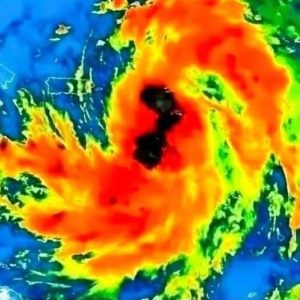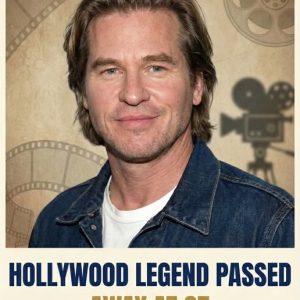President-elect Trump announced on Sunday that he has picked Brendan Carr to serve as Chairman of the Federal Communications Commission (FCC) starting in January.
Carr, who is currently the senior Republican member of the FCC, was first nominated to the commission by Trump in 2017. In a statement released on Sunday night, Trump commended Carr and noted that he had “been confirmed unanimously by the United States Senate three times.”
“His current term runs through 2029 and, because of his great work, I will now be designating him as permanent Chairman,” Trump wrote.
The Republican leader went on to call Carr “a warrior for Free Speech” who has “fought against the regulatory Lawfare that has stifled Americans’ Freedoms, and held back our Economy.”
“He will end the regulatory onslaught that has been crippling America’s Job Creators and Innovators, and ensure that the FCC delivers for rural America,” Trump added.
“Congratulations to Chairman Brendan Carr on a job well done,” the president-elect’s statement concluded. “Lead us into a great future, Brendan!”
In an X post on Sunday, Carr thanked Trump and wrote that he is “humbled and honored to serve as Chairman of the FCC.”
Carr recently made national headlines after he ripped the “Saturday Night Live” cast for platforming Kamala Harris as a guest without inviting Trump, which violates FCC rules.
“NBC has structured this in a way that’s plainly designed to evade the FCC’s rules,” the official said shortly after the episode aired. “We’re talking 50 hours before Election Day starts, without any notice to other candidates, as far as I can tell.”
Carr later told Fox News Digital that the Harris appearance “[made] clear that [“SNL”] wanted to weigh-in in favor of one candidate before the election.”
“That’s exactly why, for decades, we’ve had an equal time rule on the book, is to prevent that,” the Republican explained. “Because remember, broadcasters are placed in a special position of trust. They’re not just like any other person with a soapbox on the corner. They have a license from the federal government that obligates them to operate in the public interest.”





